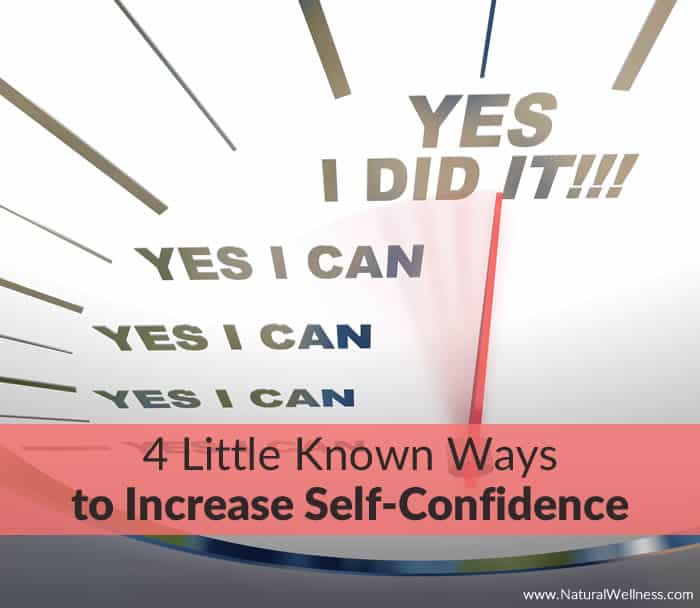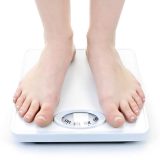

Self-confidence can take a dive for any number of reasons, including the end of a significant relationship, the loss of a job or even weight gain. When we lose self-confidence, other things start to suffer. The loss of self-confidence can begin to bleed into other areas of our lives, creating a downward spiral of fear, depression and feelings of worthlessness. Often, with a bit of effort, we can turn things around on our own and make the effort necessary to increase our self-confidence.
Here are 4 ways to boost your self-confidence:
- Coffee: Studies have shown that 100 milligrams of caffeine increases alertness, cognitive function, efficiency and mood. Basically, when we feel good and energized physically, we also feel good and energized emotionally.
- Take (small) Risks: Without putting yourself or family in physical or financial danger, what can you do to push out of your comfort zone a bit and experience a small, manageable risk? Maybe you have always wanted to take up some sport, but have been afraid to try it. Now is the time! Put yourself into those situations you have always been afraid of, and you may surprise yourself. Even if you fail, the fear and longing that accompanies a loss of self-confidence will shift into something new. Maybe you now know what you need to do to succeed. Maybe you realize you don’t really like that sport after all. Or maybe you failed badly and now need to get up the courage to try again. Either way, you did it. And that builds self-confidence!
- Be SMART: SMART goal setting is a technique of breaking down an objective into smaller, manageable steps while being realistic and accountable for the process. SMART stands for Specific, Measurable, Achievable, Realistic and Time based. There are many variations and worksheets available online to try this technique. One key aspect is that goals must be measurable, which allows you to track how far you have come over time, building self-confidence.
- Get Moving: Exercise has been associated with improved physical and psychological health, cognitive function, and life satisfaction overall. The endorphin release achieved during exercise makes you feel better immediately, which improves your mood, but it is meeting fitness goals that gives you a sense of accomplishment which can improve your self-confidence.
These are just a few ways of improving your self-confidence. It should be noted, however, that if you do not begin to feel better and the loss of self-confidence begins to turn into depression, you may need to speak to your physician about more serious treatment options.




